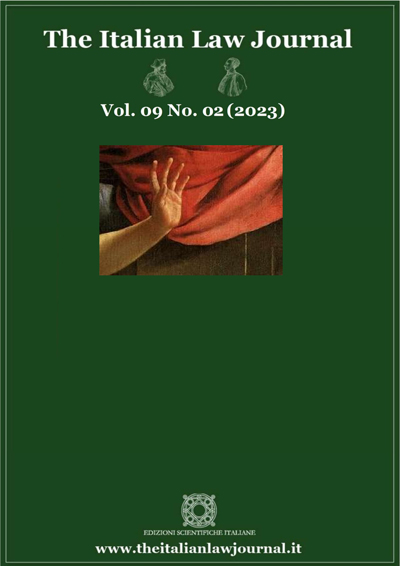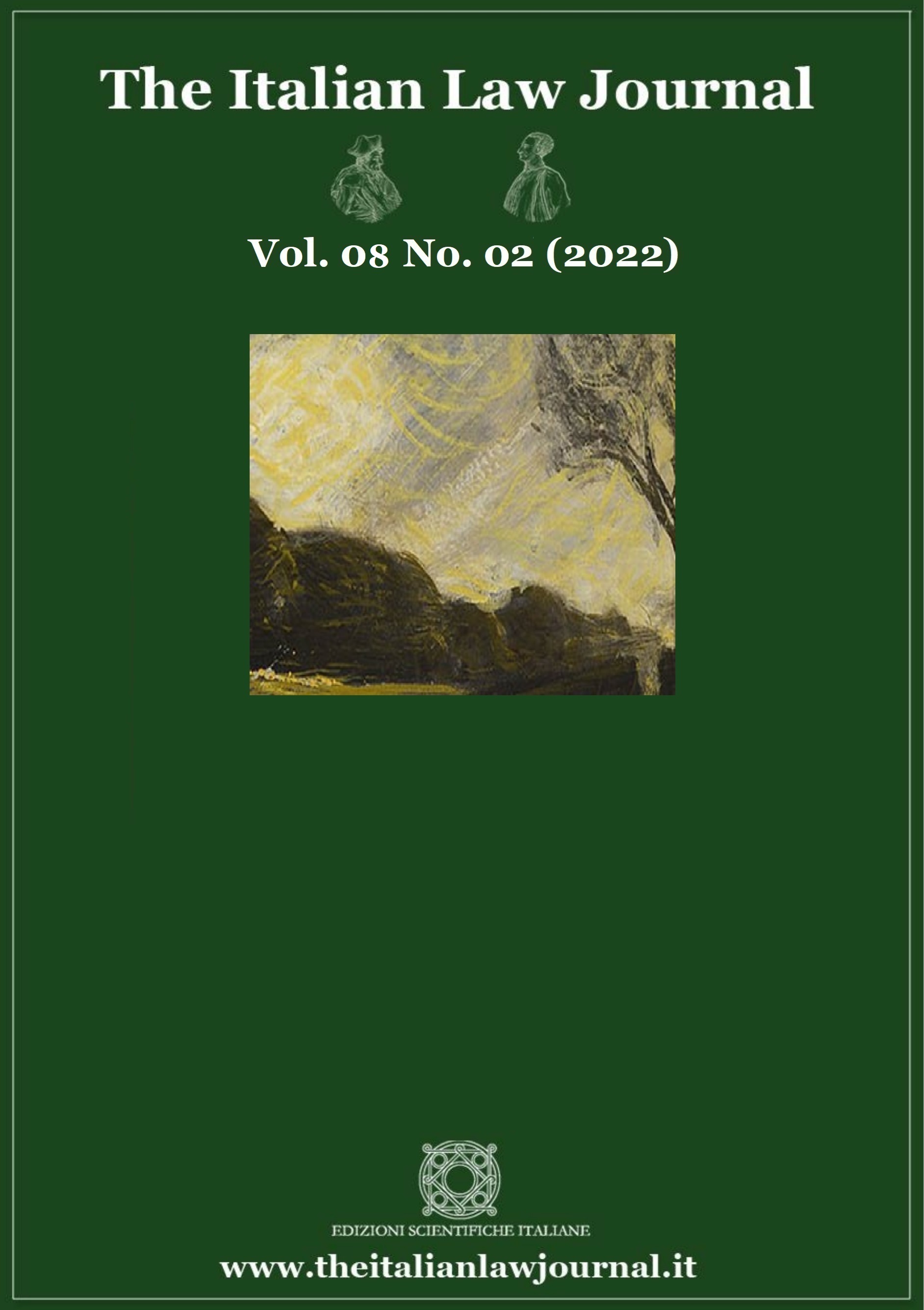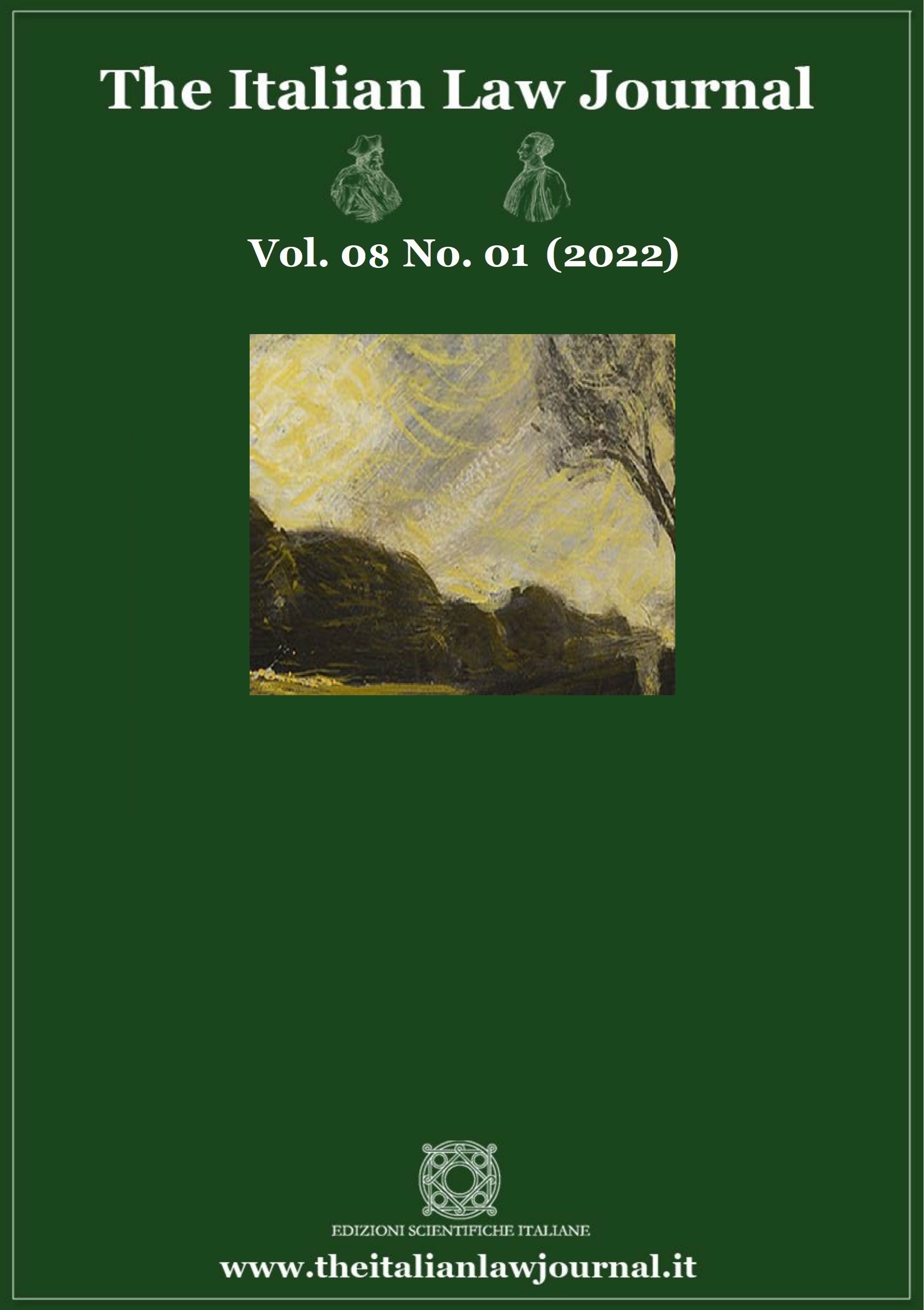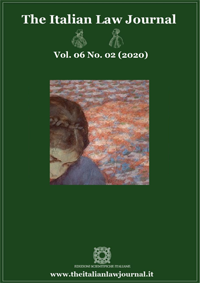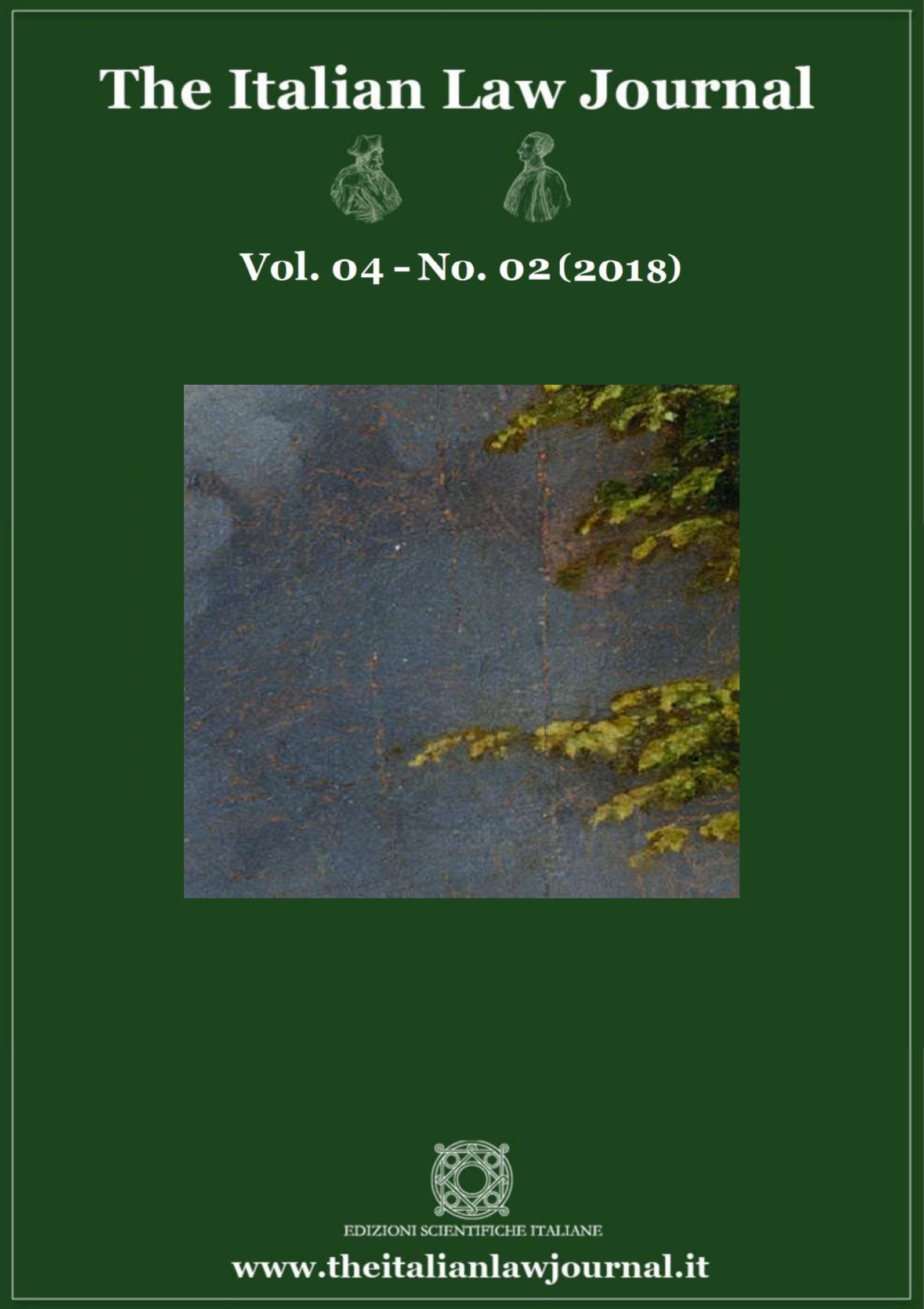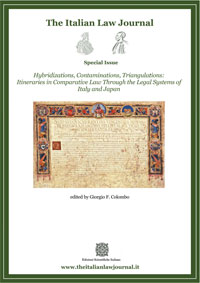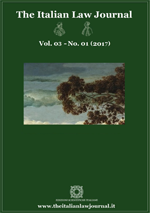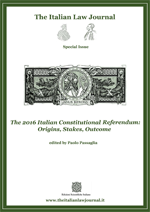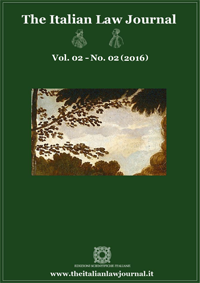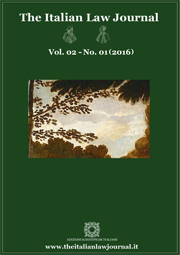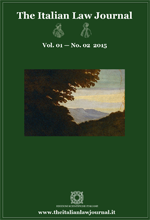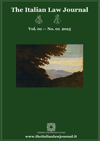2 THE ITALIAN LAW JOURNAL NO. 2 (2016) The Social-Environmental Function of Property by Valeria Corriero This article analyses the legal scholarship and Italian jurisprudential debate over the obligations imposed on an owner who is not the polluter of a contaminated site, a debate which culminated in a landmark decision by the European Court of Justice on 4 March 2015. The ‘social-environmental’ function of property provides the most appropriate balance between the interests and the rights at stake. Civil liability rules, even after the amendments introduced by legge 6 August 2013 no 97 (the so called legge europea 2013) which reintroduce references to the polluter in accordance with Directive 2004/35/EC, and its regime of strict liability, do not always lead to the identification of the person responsible for the damage. Where the polluter cannot be identified or is insolvent, it is not possible to oblige the owner, who is not the polluter, to reimburse the competent authority for the measures it took to rehabilitate the polluted site (Art 253 Environmental Code) beyond the limits of the market value of the land. This is in accordance with the constitutional principle of the social function of property (Art 42, para 2, Constitution). This interpretation is also in line with the EU law principle that the ‘polluter pays’.
and the EU ‘Polluter Pays’ Principle:
The Compatibility between Italian and European Law








